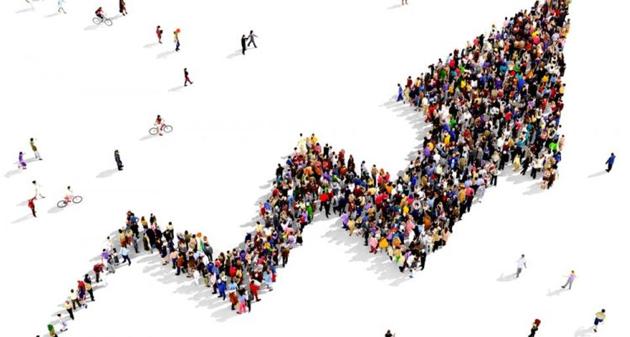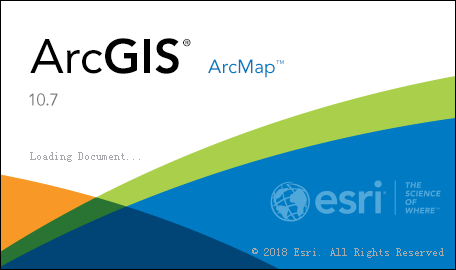Definition of Demography
There are various definitions for Demography from various perspective and point of view. It is part of Human Geography and can be defined as:-
- According to the Oxford Dictionary Demography is the study of statistics such as births, deaths, income, or the incidence of disease, which illustrate the changing structure of human populations.
- According to the Webster Dictionary Demography is the statistical study of human populations especially with reference to size and density, distribution, and vital statistics.
- Again Cambridge Dictionary has defined demography the study of changes in the number of births, marriages, deaths, etc. in a particular area during a period of time.
So, Demography is the study of the size, composition and distribution of human population across space and the process through which populations change.
** ‘Big three’ phenomenon of demography are :
- Births
- Deaths and
- Migration
Demography is the scientific study of human populations primarily with respect to their size, their structure and their development; it takes into account the quantitative aspects of their general characteristics. -Demopadia
Definition of Demography provided by the Three distinguished demographers are given as follows:-
- In its simplest definition, demography is the scientific study of human populations. - Peter McDonald
- Demography is the scientific study of population.- Emily Grundy
- The statistical study of human populations (structure and change), the factors behind their dynamics and the consequences of population change.- Jacques Vallin


Comments
Post a Comment